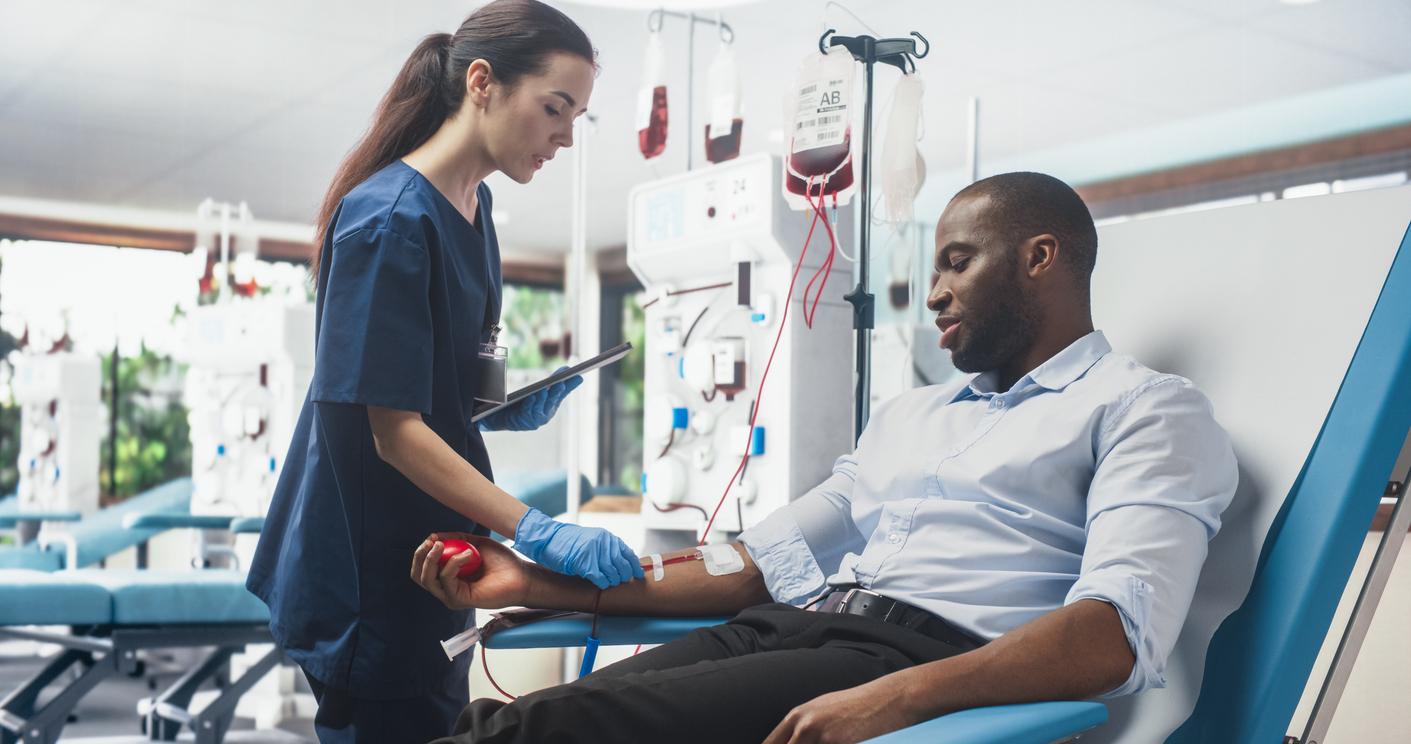High-dose omega-3 consumption may be beneficial after a myocardial infarction, according to a randomized clinical trial.

Omega-3 fatty acids are often mentioned for their protective effects against cardiovascular disease. A randomized, double-blind study, demonstrates their interest, in high doses, after a heart attack.
For this work, 358 people with an acute myocardial infarction, and treated according to the recommendations in force, were recruited. Some patients received a high dose (more than 4 g / day) of omega-3, others a placebo. Scientists were specifically interested in markers of myocardial remodeling, a phenomenon that occurs after infarction and that compromises its prognosis.
Reduction of myocardial remodeling
At 6 months, it appears that patients in the omega-3 group recover better. They indeed showed a significant reduction in the systolic volume index of the left ventricle and in myocardial fibrosis outside the infarct area.
In addition, it appears that patients who had the highest concentration of omega-3 inside their red blood cells had a 13% reduction in the stroke volume index of the left ventricle compared to patients who had the lowest concentrations.
Finally, the consumption of omega-3 acids is also associated with a reduction in markers of systemic inflammation, vascular inflammation and myocardial fibrosis. No adverse effects have been reported.
High doses are effective
Immediate post-infarction and myocardial remodeling remain one of the challenges in the management of this disease. Despite progress in treatment and improved prognosis, myocardial remodeling partially remains an enigma with significant consequences (cardiac arrhythmias and sudden death).
This study seems to show that much higher doses of omega-3 than those usually used (4 g / day versus 1 g / day) seem to have a positive impact on inflammation and myocardial remodeling at 6 months post-treatment. infarction. This action could take the form of an anti-inflammatory and antifibrosis effect on the remaining myocardium, myocardium which is now subject to greater stresses (to compensate for the necrotic myocardium).
A larger study is underway to see whether the benefit of high-dose omega-3 supplementation in post-infarction translates into improved prognosis, beyond just reduction in myocardial remodeling.
.

















